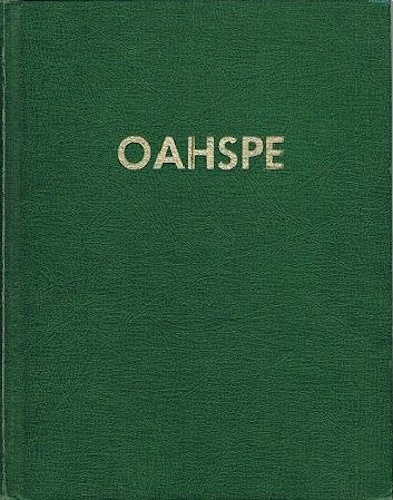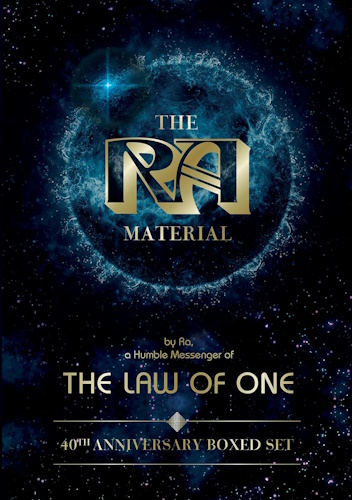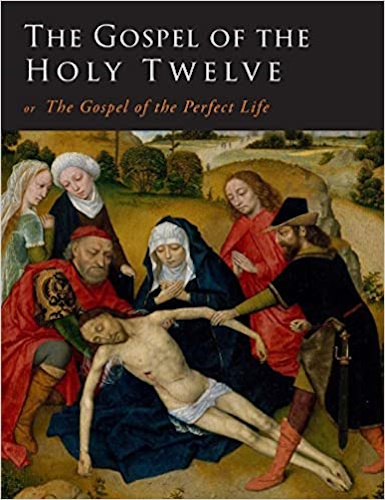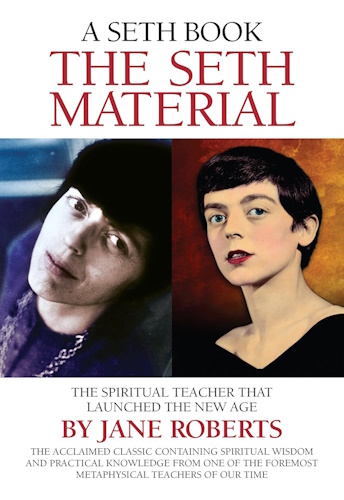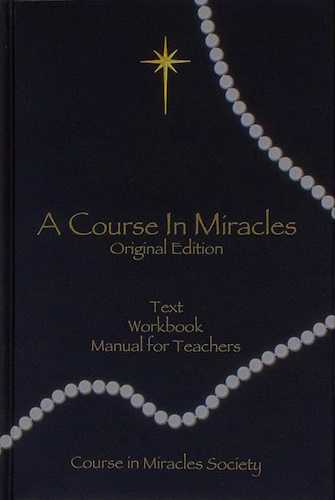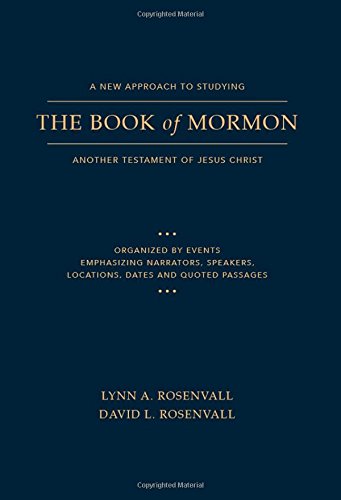
![]()
![]()
Book of Wars Against Jehovih
Chapter XXXIII
1. TE-IN'S Lords and their angels departed out of Che-su-gow, Te-in's heavenly place, and descended to the earth on their mission; and this is what came of it, to wit:
2. Kan Kwan was the son of Kwan Ho, a flat-head; but Kan Kwan came of the converts to the Brahmin priests, and so had not his head flattened. But because su'is and sar'gis had been long in their family they descended to Kwan all the same. And he could see and hear the angels and their Lords; hear all the words spoken to him, a most excellent thing in a king, when drujas are restrained from observing him.
3. The Lords guarded Kan Kwan on every side, day and night, and Kwan being stupid, because of the flat heads of his parents, he was well suited to carry out all that was commanded of him. So he at once announced himself with all his titles, and sent heralds hither and thither to proclaim him and let all peoples and kings know that he was coming to subdue them unto himself.
4. Kwan issued this decree, to wit: Kan Kwan, king of the world, and of the sun, and moon, and stars, I command! I, son of the sun, son of Te-in, behold! There is but one ruler in heaven, Te-in! There shall be but one on earth, Kan Kwan. Bow your heads down! I come! Choose ye: to bow down, or to die. One or the other shall be. When the world is subdued to me, I will war no more!
5. In those days there were many great kings in Jaffeth, and their kingdoms were in many places far apart. Betwixt them, in a sparse region, in the Valley of Lun, lay the city of Ow Tswe, and this was the small kingdom of Kan Kwan, known for a thousand years.
6. When the other kings heard of Kwan's proclamation they laughed. And this is the vanity of mortals, for they heed not the power of the Gods over them.
7. So Kwan started with an army of four thousand soldiers, men and women, with spears, axes, scythes, swords and slings, and bows and arrows; and he marched against Tzeyot, a city of a hundred thousand people; and here ruled king Cha Ung Chin, with twenty thousand soldiers. Cha Ung Chin laughed. He said to his captain: Send thou a thousand women soldiers and kill Kwan and his army; they are mad, they know not what war is.
p. 418
8. The captain went forth to battle, but he took beside the thousand women soldiers a thousand men soldiers. But lo and behold, Kwan and his soldiers knew no drill, but they ran forward so strangely that their enemies knew not how to fight them, and they fled in fear, save the captain and a hundred women, who were instantly put to death. But not one of Kwan's army was killed.
9. Cha Ung Chin was angry, and he sent ten thousand soldiers against Kwan's ragged army; and when the battle was begun, the angels cast clouds before the hosts of Cha Ung Chin, and they thought they beheld hundreds of thousands of soldiers coming upon them, and they turned and fled also, save five hundred, who were captured and instantly slain, men and women.
10. Cha Ung Chin said: It is time now I go myself. My laziness has cost me dear. On the morrow I will lead thirty thousand pressed men and women, and make it a day of sport to slaughter Kwan's army. So the king sent his marshals to select and summon his soldiers during the night. Many were too frightened to sleep; and those that slept had such visions and dreams that when they awoke they were as persons nearly dead.
11. Cha Ung Chin, next morning, sallied forth out of the city to battle, going before his army. When he saw the pitiful army of Kwan, he said: Of a truth, the world is going mad! That such fools have courage is because they know not what a battle is. With that he rushed forward, faster and faster, calling to his soldiers. But they stretched out in a line, after him, for they trembled from head to foot, remembering their dreams.
12. Presently Kwan and his army started for them, not with orderly commands, but screaming and howling. Cha Ung Chin's soldiers took panic, broke ranks and fled in all directions, save one thousand, including King Cha Ung Chin, who were captured and instantly slain.
13. And on the same day Kan Kwan went and possessed the city, Tzeyot, commanding obedience and allegiance of the people. And on the following day he set twenty thousand men to work building a temple to Te-in, pulling down other edifices for the material thereof. Nor had Kwan a learned man in all his army; but the Lords with him showed him how to build the temple, east and west and north and south, and how to make the archways and the pillars to support the roof; and the sacred chambers and altars of sacrifice. Of brick and mortar and wood built he it, and when it was completed it was large enough for twelve thousand people to do sacrifice in. And it was, from first to last, forty days in building.
14. Besides this, Kwan put another ten thousand men and women to clearing houses and walls away, and making new streets in many ways; so that at the time of the first sacrifice the city of Tzeyot looked not like itself; and Kwan gave it a new name, Lu An, and commanded all people to call it by that name, or suffer death.
15. Kan Kwan made the people go and do sacrifice to Te-in in the temple every morning; enforced a day of rest for each quarter of the moon; enforced worship on the part of children to their fathers and mothers, the father taking first rank.
16. Then Kwan made them pray for those who were slain in battle. And these are the words he commanded them: Te-in! Father of Life and Death! Who feedeth on suns and stars! Whose refuse is mortals. In thy praise I bow my head. For thy glory I lie on my belly before thy altar. I am the filthiest of things; my breath and my flesh and my blood are rotten. Death would be sweet to me if thou or thy soldiers would slay me. For my soul would come to thee to be thy slave forever.
17. Behold, my brothers and sisters who fought against thee are dead, and I glorify thee because thereof. We have buried their rotten carcasses deep in the ground, good enough for them.
18. But their spirits are lost and wild on the battle-field, howling about. O Te-in, Father, send thy spirits from Che-su-gow, thy heavenly place, to them, to help them out of darkness. And we will ever praise thee, our mightiest, all highest ruler!
19. When they made the sacrifice they laid down on their bellies, certain ones prompting them with the words which Kwan received from the Lords.
20. After this, Kwan appointed them a governor, Ding Jow, who was the first governor of a province in Jaffeth, after the order of governors as they exist to this day. Which is to say: As a Lord is to a God, so is a governor to a king. And this was the first of that order established by the Gods of hada. Prior to this a like government had been given by Jehovih to the Faithists; even as it had been given in its purity to the pure, so was it now given in its crudity to the crude.
p. 419
21. Jehovih had said: Independent kingdoms shall not exist side by side; nor shall one be tributary to another; but there shall be one whole, and the lesser shall be parts thereof, not over nor under them, but as helpmates. The wicked will not see this now; but their own wickedness will bring it about in time to come. And it was so.
-
Urantia Book, 44:0.11 - The Celestial Artisans
Never in your long ascendancy will you lose the power to recognize your associates of former existences. Always, as you ascend inward in the scale of life, will you retain the ability to recognize and fraternize with the fellow beings of your previous and lower levels of experience. Each new translation or resurrection will add one more group of spirit beings to your vision range without in the least depriving you of the ability to recognize your friends and fellows of former estates.
-
Princess Bride 1987 Wallace Shawn (Vizzini) and Mandy Patinkin (Inigo Montoya)
Vizzini: HE DIDN'T FALL? INCONCEIVABLE.
Inigo Montoya: You keep using that word. I do not think it means what you think it means. -
Urantia Book, 117:4.14 - The Finite God
And here is mystery: The more closely man approaches God through love, the greater the reality -- actuality -- of that man. The more man withdraws from God, the more nearly he approaches nonreality -- cessation of existence. When man consecrates his will to the doing of the Father's will, when man gives God all that he has, then does God make that man more than he is.
-
Urantia Book, 167:7.4 - The Talk About Angels
"And do you not remember that I said to you once before that, if you had your spiritual eyes anointed, you would then see the heavens opened and behold the angels of God ascending and descending? It is by the ministry of the angels that one world may be kept in touch with other worlds, for have I not repeatedly told you that I have other sheep not of this fold?"
-
Urantia Book, Foreword - 0:12.12 - The Trinities
But we know that there dwells within the human mind a fragment of God, and that there sojourns with the human soul the Spirit of Truth; and we further know that these spirit forces conspire to enable material man to grasp the reality of spiritual values and to comprehend the philosophy of universe meanings. But even more certainly we know that these spirits of the Divine Presence are able to assist man in the spiritual appropriation of all truth contributory to the enhancement of the ever-progressing reality of personal religious experience—God-consciousness.
-
Urantia Book, 1:4.3 - The Mystery Of God
When you are through down here, when your course has been run in temporary form on earth, when your trial trip in the flesh is finished, when the dust that composes the mortal tabernacle "returns to the earth whence it came"; then, it is revealed, the indwelling "Spirit shall return to God who gave it." There sojourns within each moral being of this planet a fragment of God, a part and parcel of divinity. It is not yet yours by right of possession, but it is designedly intended to be one with you if you survive the mortal existence.
-
Urantia Book, 1:4.1 - The Mystery Of God
And the greatest of all the unfathomable mysteries of God is the phenomenon of the divine indwelling of mortal minds. The manner in which the Universal Father sojourns with the creatures of time is the most profound of all universe mysteries; the divine presence in the mind of man is the mystery of mysteries.
-
Urantia Book, 1:4.6 - The Mystery Of God
To every spirit being and to every mortal creature in every sphere and on every world of the universe of universes, the Universal Father reveals all of his gracious and divine self that can be discerned or comprehended by such spirit beings and by such mortal creatures. God is no respecter of persons, either spiritual or material. The divine presence which any child of the universe enjoys at any given moment is limited only by the capacity of such a creature to receive and to discern the spirit actualities of the supermaterial world.
-
Urantia Book, 11:0.1 - The Eternal Isle Of Paradise
Paradise is the eternal center of the universe of universes and the abiding place of the Universal Father, the Eternal Son, the Infinite Spirit, and their divine co-ordinates and associates. This central Isle is the most gigantic organized body of cosmic reality in all the master universe. Paradise is a material sphere as well as a spiritual abode. All of the intelligent creation of the Universal Father is domiciled on material abodes; hence must the absolute controlling center also be material, literal. And again it should be reiterated that spirit things and spiritual beings are real.
-
Urantia Book, 50:6.4 - Planetary Culture
Culture presupposes quality of mind; culture cannot be enhanced unless mind is elevated. Superior intellect will seek a noble culture and find some way to attain such a goal. Inferior minds will spurn the highest culture even when presented to them ready-made.
-
Urantia Book, 54:1.6 - True And False Liberty
True liberty is the associate of genuine self-respect; false liberty is the consort of self-admiration. True liberty is the fruit of self-control; false liberty, the assumption of self-assertion. Self-control leads to altruistic service; self-admiration tends towards the exploitation of others for the selfish aggrandizement of such a mistaken individual as is willing to sacrifice righteous attainment for the sake of possessing unjust power over his fellow beings.
-
Urantia Book, 54:1.9 - True And False Liberty
How dare the self-willed creature encroach upon the rights of his fellows in the name of personal liberty when the Supreme Rulers of the universe stand back in merciful respect for these prerogatives of will and potentials of personality! No being, in the exercise of his supposed personal liberty, has a right to deprive any other being of those privileges of existence conferred by the Creators and duly respected by all their loyal associates, subordinates, and subjects.
-
Urantia Book, 54:1.8 - True And False Liberty
There is no error greater than that species of self-deception which leads intelligent beings to crave the exercise of power over other beings for the purpose of depriving these persons of their natural liberties. The golden rule of human fairness cries out against all such fraud, unfairness, selfishness, and unrighteousness.
